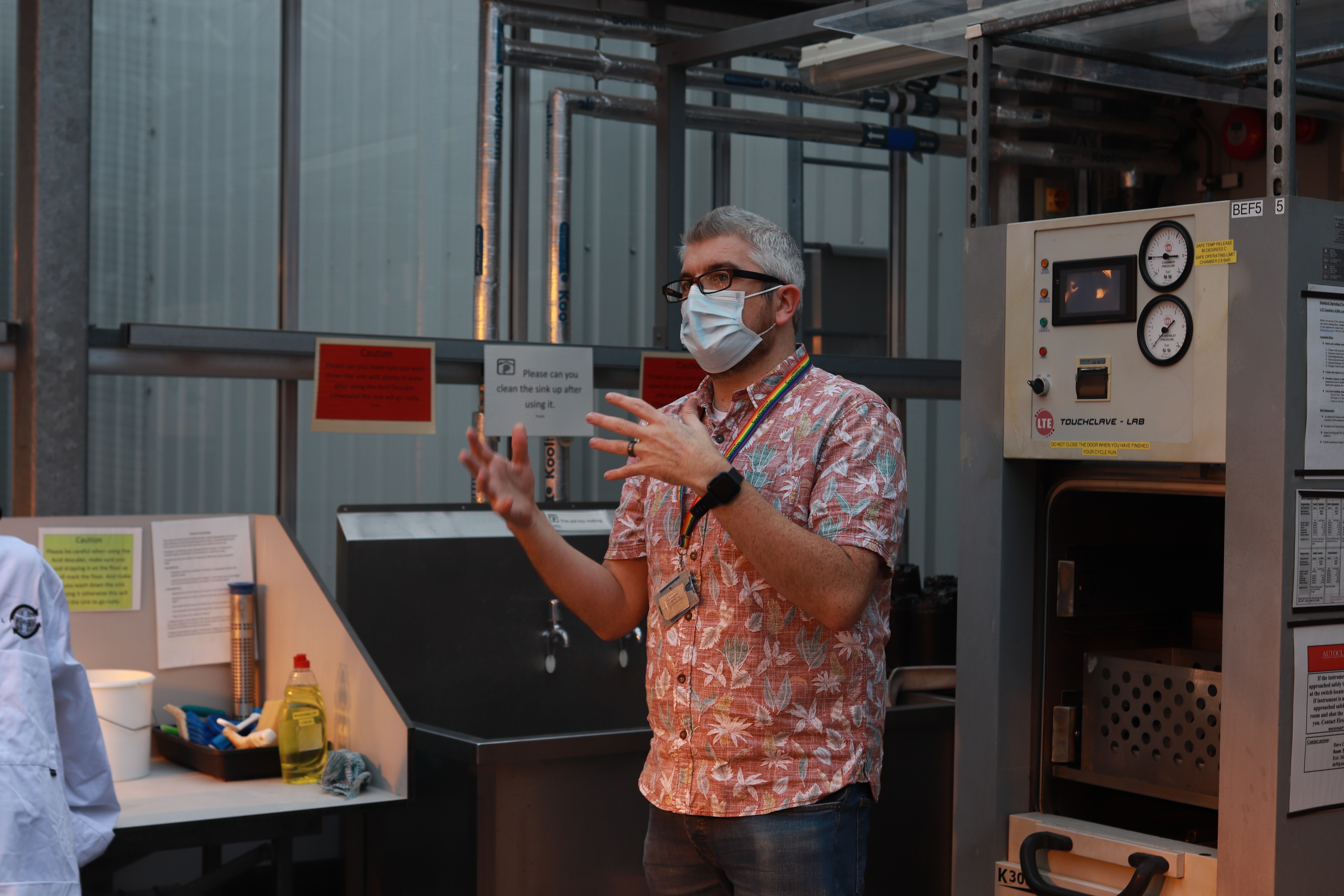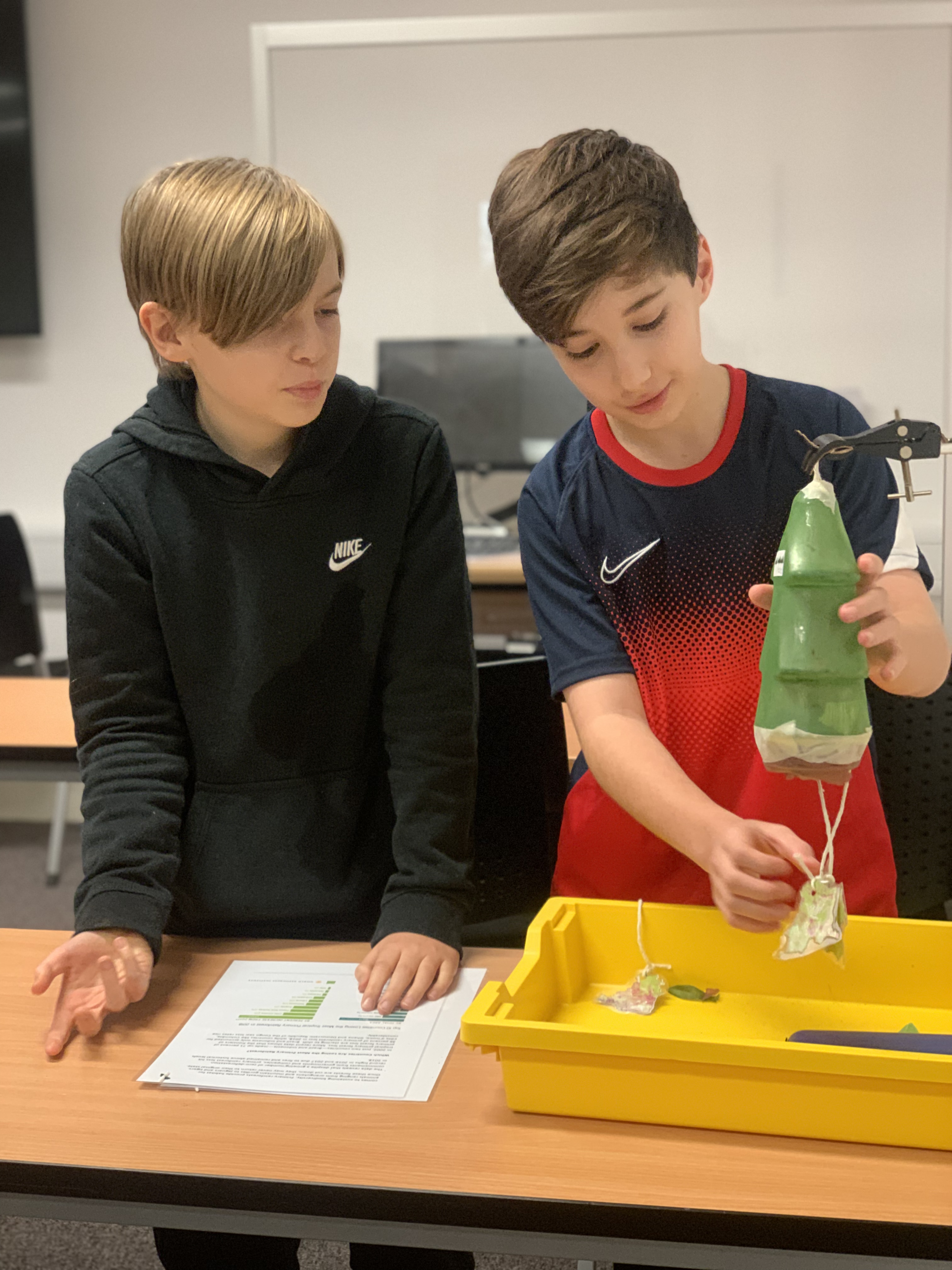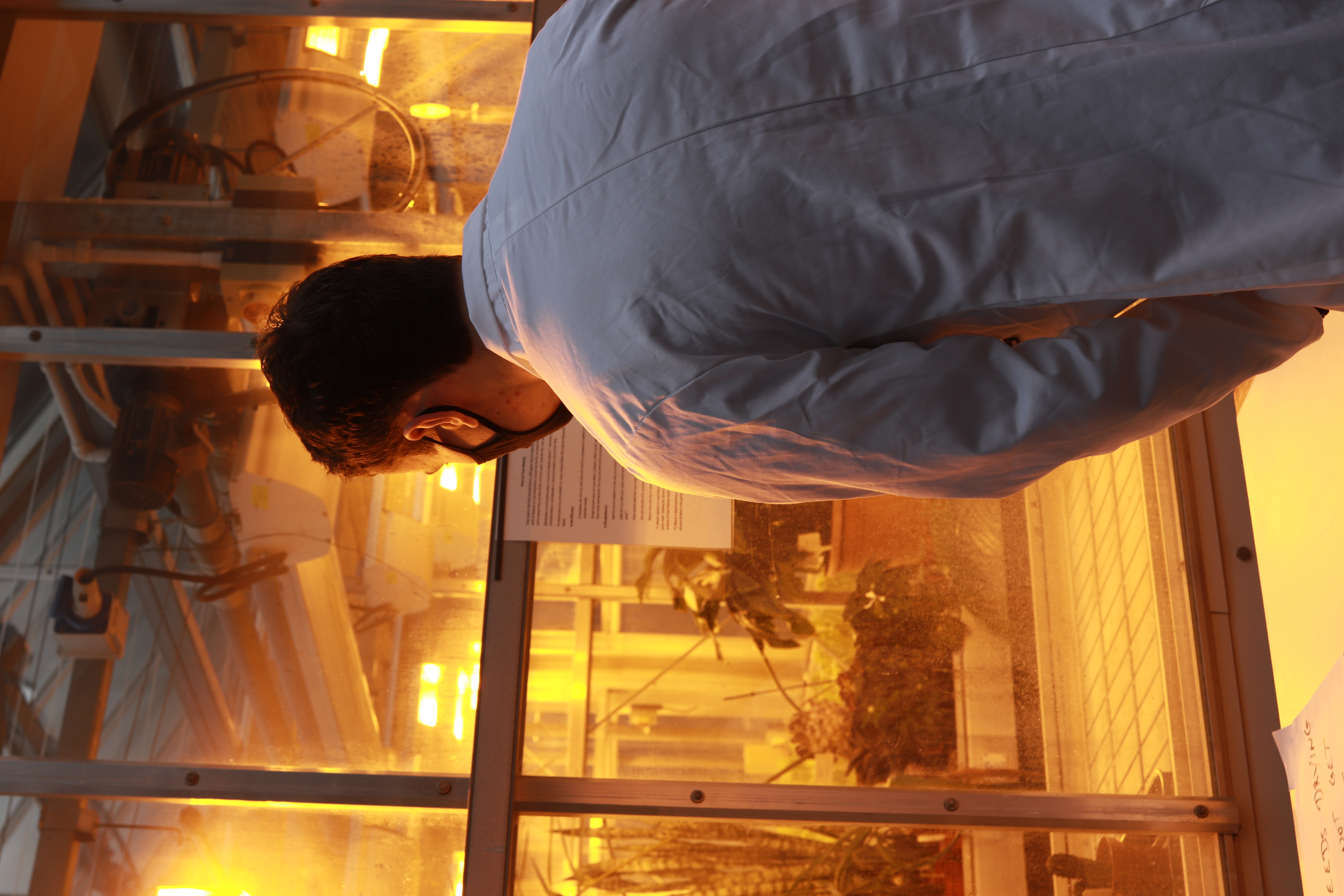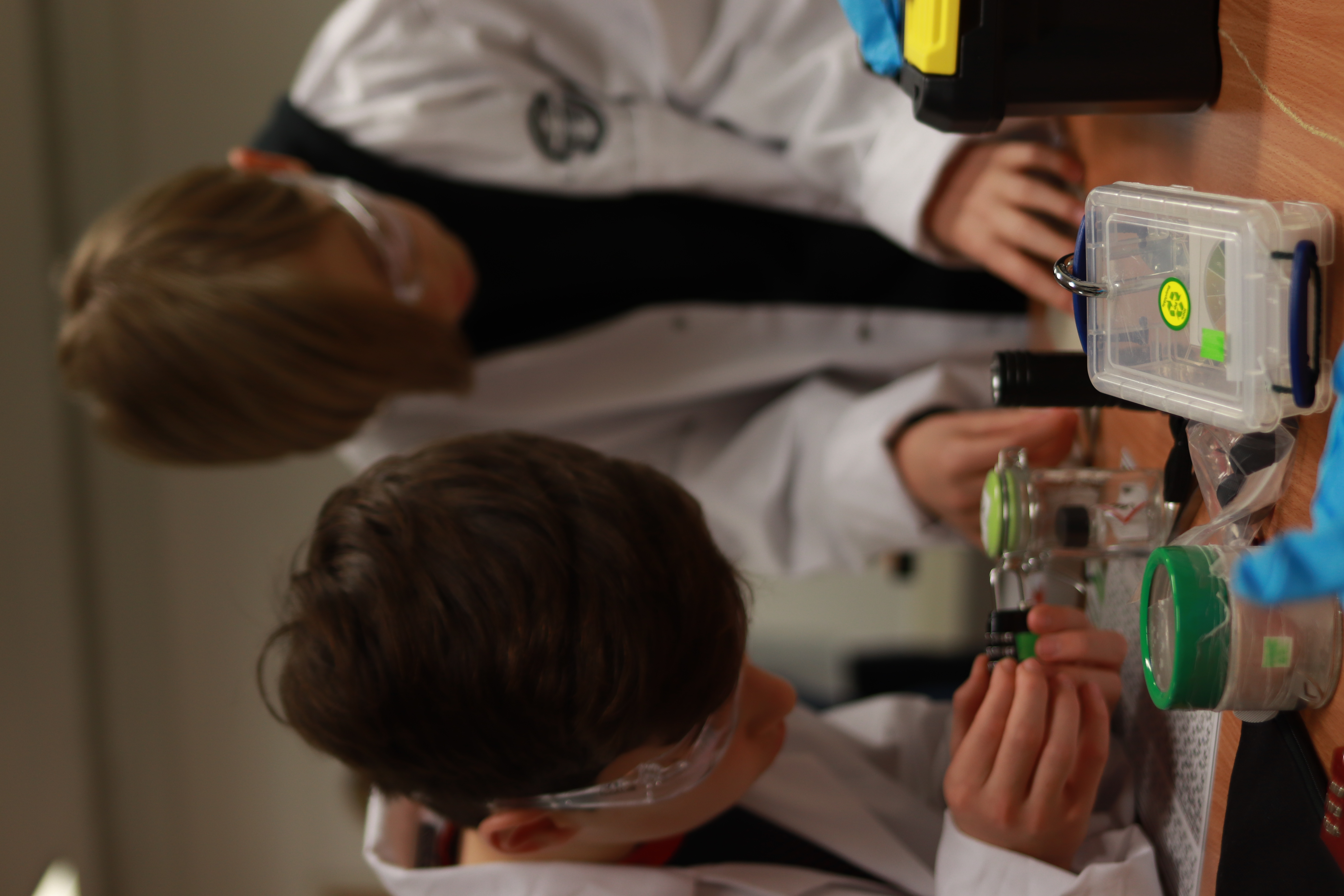Making positive changes for the planet and our own health
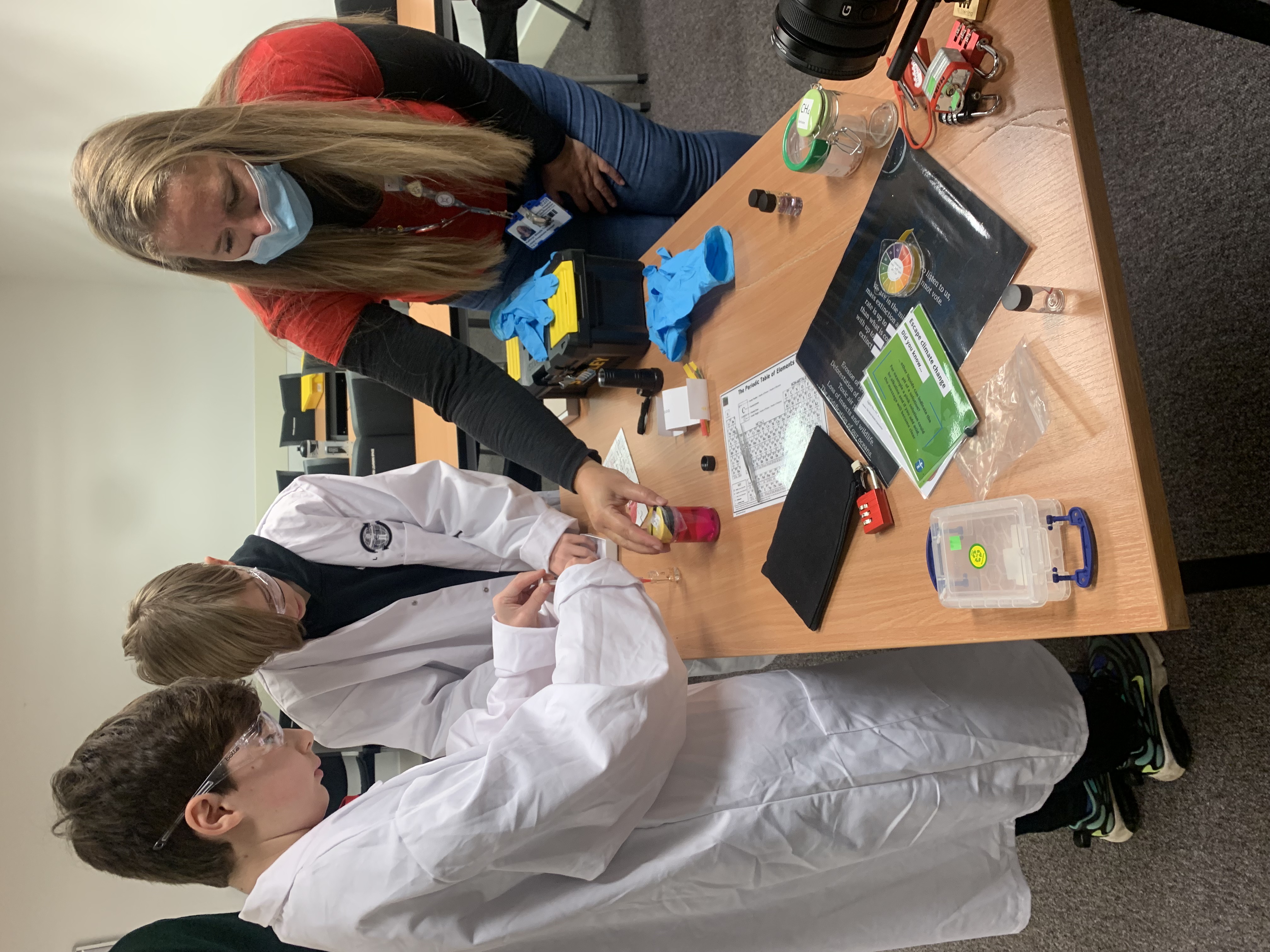
A new programme from LifeLab is bringing the arts and science together to help young people discover more about how their lifestyle choices can influence not only their own health but also the health of the planet.
Working with Theatre for Life and environmentalists, scientists and academics from across the University will run workshops for local teenagers to explore the impact of climate change in our communities.
The programme, which is funded by the University’s Public Engagement with Research unit (PERu), will capture their experiences and insights and relate them to three areas: the New Forest National Park, Weston Shore Beach and in the city of Southampton, and explore themes such as air pollution, coastal erosion and habitat restoration.
Equipped with the science behind the climate change messages, the participants will work as a theatre company to devise, write and perform impactful theatre around the imminent climate crisis.
The first meeting took place in November and included an interactive workshop in the University’s greenhouses in B85 with Dr Mark Chapman of Biological Sciences and a session is planned in December with Gareth Giles, Head of Public Policy Unit on understanding the challenges and opportunities of developing policy around climate change.
LifeLab programme lead Dr Kath Woods-Townsend said: “Climate change is front and centre of the agenda, particularly for young people, so enhancing their understanding of how they can directly impact the health of their planet as well as their own is a fascinating new direction for us.
“We are excited to see how the partnership with Theatre for Life can combine the arts and science in a new way of engaging young people in making positive changes.”
Michelle Smith, Artistic Director for Theatre for Life, added: “The collaborative nature of this project is enabling all the organisations involved to use science, art and culture as a platform to influence and lead public engagement on climate and the environment.
“It will create a legacy and sustainability beyond the project and provide a tool for social change.”
The programme stems from LifeLab’s work with secondary schools before the pandemic, looking at how lifestyle choices effect the environment.
Through the Cultivate! project, led by Dr Lucy Green and Dr Mark Chapman and funded by PERu, young people had the opportunity to take part in activities such as an escape room, a visit to the plant laboratories at the University, to help them consider what changes they could make to their own lifestyles that would positively impact the world around them.
This was developed into a programme for primary schools to help children think about their food choices as they transition to secondary school, considering the health factors and sustainability of what they eat.
Kath added: “This theatre project is the next step in branching out our offer to consider our planet’s health alongside our own health. It is really exciting to work with young people to understand what motivates them to make lifestyle choices beyond the impact on their own health and to explore how lifestyle choices which positively impact our planet’s health also have long-lasting positive impacts on our own health, now, in the future and for future generations."
